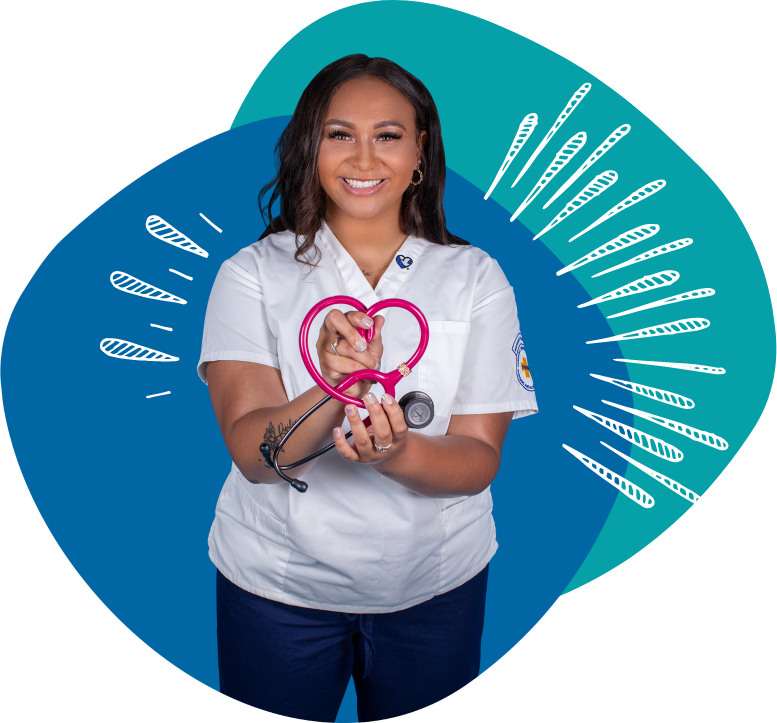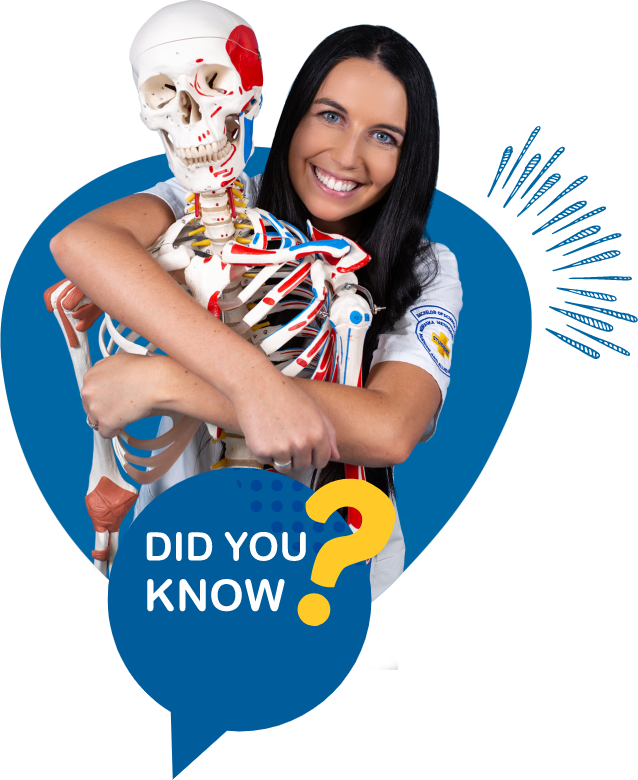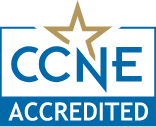This guide is designed to provide a comprehensive overview of the many nursing career options currently available to you. The nursing field is projected by the U.S. Bureau of Labor Statistics to have significant growth between 2020 and 2030. The following information will provide insight into the in-demand career opportunities to those dedicated to advancing their nursing education. Through job descriptions, education requirements, career outlook and salary information, this guide will help you make an informed and thoughtful decision about your path within the healthcare industry.

The demand for highly-skilled nurses continues to increase with the changing healthcare landscape. In fact, the need for nurses is expected to grow by 7% between 2019 and 2029 due to the confluence of an aging baby boomer population, the expansion of outpatient care centers, increased access to healthcare services, a faster patient discharge rate and retirement within the RN workforce.
A burgeoning demand for healthcare combined with a reduction in the number of people capable of providing such services means that ambitious nursing professionals are in a fantastic position for career advancement. As hospitals struggle to keep pace with an ever-growing market, competition for the most qualified nurses will become fierce, with various institutions providing incentives to persons with the complex skills signified by the attainment of an advanced degree.
While the forecasted shortage presents challenges for the nursing field, it also presents great opportunities for nurses to move into leadership roles much sooner in their careers. Nurses’ roles are expanding as the healthcare system faces a similar shortage of doctors. These new roles, combined with the need for experience and leadership, are at the heart
of the increased demand for nurses with advanced degrees.
Today’s nurses have many opportunities and can pursue a number of career paths and settings. Nurses can choose to work in hospitals, clinics, long-term care facilities, schools and more. The need for nurses has also increased demand for careers in nursing education and informatics, as well as a need for individuals capable of filling management and leadership positions.
Many of these roles provide significant income bonuses, with nursing growing increasingly lucrative for those who choose to enter the field. According to the Bureau of Labor Statistics, the lowest 10% of earners in registered nursing make up to $52,080 annually, while the highest 10% generate an annual salary of $111,220 or more. The median as of May 2019 was $73,300.
Interestingly, even as demand for nurses grows, healthcare institutions are growing increasingly selective with whom they hire. Many of today’s healthcare managers now prefer Bachelor of Science in Nursing (BSN) degrees as the baseline education for new staff hires, while Master of Science in Nursing (MSN) degrees have become ideal for nurses in leadership positions. According to a 2019 study from the American Association of Colleges of Nursing, 43.2% of hospitals and other healthcare settings are requiring new hires to have a bachelor’s degree in nursing, while 82.1% of employers are expressing a strong preference for BSN program graduates.
Nebraska Methodist College offers a variety of on-campus and online programs designed to prepare you for the next step in your career. Our offerings are suited to first time students as well as working professionals with career and family obligations.
Our on-campus programs equip students with the skills to become successful in their nursing careers and meet the demands of today’s (and tomorrow’s) healthcare field. Our faculty and staff understand firsthand the realities of the healthcare system and the current needs of the healthcare industry. Students conduct coursework in Nebraska Methodist College’s state-of-the-art Nursing Arts Center, which simulates a variety of healthcare settings, patient conditions, procedures and scenarios.


Looking for something a little more flexible? Our online programs offer a number of options for working nurses looking to upgrade to a BSN, pursue an advanced degree or obtain a post-master’s certificate. An online education is ideal for those who want to further their education without pausing their careers or disrupting their family lives. If you’re worried about your computer skills, don’t be—our online classrooms feature accessible, easy-to-use web tools that simplify learning and instruction.
Online learning streamlines the classroom experience, allowing students to learn at an accelerated pace compared to traditional, on-campus day programs. In our online programs, students use research-based writing, projects and discussions with their instructors and classmates to demonstrate and apply what they’ve learned. The online environment facilitates convenient access to faculty and course resources while fostering strong participation through online discussion boards, chat rooms and e-mail.
Most online programs have no residency-based fees. Financial aid, such as scholarships, loans and grants, is available.
The BSN program at Nebraska Methodist College focuses on population-based nursing education that integrates the concepts of health promotion, self-care, prevention, collaboration and continuity of care with clinical and assessment skills within the context of culture and community. More than just teaching the mechanics of nursing, our program emphasizes the importance of caring, social justice and holistic healthcare.


Earn your BSN in just 12 months with this accelerated population health nursing program designed for those with a non-nursing degree. You will gain clinical and classroom experience at a pace designed to prepare you for what’s next in your nursing career.

Earning your BSN opens doors to a number of new career and educational opportunities, from specializing in more demanding clinical settings to administrative roles, management or even education.
The RN to BSN program is specifically designed for licensed RNs seeking to rapidly expand their career options in leadership and healthcare. The program enhances applied nursing experience in order to increase critical thinking about patient care. Ultimately, students are better equipped to improve patient outcomes and navigate the growing complexities of today’s healthcare field.
Continue to move your career forward into education, leadership and management by earning your MSN from Nebraska Methodist College. This program is designed to streamline your path to an advanced degree.
The MSN program is designed for nurses who already have their BSN, have a passion for quality patient care and are interested in leadership opportunities within healthcare organizations or academic settings. You will gain a solid foundation of educational, theoretical and leadership knowledge, with additional specialized curriculum tracks to prepare you for the career opportunities you want to pursue.
The MSN Post Master's Certificate from Nebraska Methodist College is a great option for working RNs with an MSN degree who have a passion for the nursing profession and are looking for specialized preparation for education and leadership roles.

Nurse educators are registered nurses who are also teachers. They serve as faculty members in nursing schools and teaching hospitals, sharing their advanced knowledge and skills to prepare the next generation of nurses for effective practice.
Interested in a career as a Nurse Educator? You may qualify for tuition cancellation through the Nurse Faculty Loan Program. In fact, recipients who teach full time can have up to 85 percent of their loans canceled.
With assistance from the NFLP and Nebraska Methodist College, you don’t have to break the bank to advance your career.
Learn more by contacting our admissions office.


The Family Nurse Practitioner track provides knowledge, skills and clinical expertise necessary to be primary care providers in rural or urban settings, diagnosing and treating individuals across the lifespan in an ambulatory care environment.
The Adult Gerontology Primary Care Nurse Practitioner track provides knowledge, skills and clinical expertise necessary to be primary care providers who diagnose and treat individuals from post-adolescents to older adults within an ambulatory care environment in both urban and rural settings.
The Adult Gerontology Clinical Nurse Specialists combine evidence and theory to positively influence the three spheres of influence - post-adolescent to older adult patients ambulatory and acute care settings.
Simply put, nurses help people on a daily basis — a fulfilling responsibility and a satisfying career choice. Nurses care for patients in their time of need, often acting as a patient advocate to the rest of the healthcare team. Trusted by the general public and held in high regard by their fellow healthcare professionals, nurses currently stand at the crossroads of a rapidly expanding medical field.

Nebraska Methodist College is affiliated with Methodist Health System — one of the largest healthcare systems in the state. For more than 125 years, Nebraska Methodist College has been training and educating nursing professionals. The college is accredited by the Higher Learning Commission of the North Central Association of Colleges and Schools (HLC/NCA). The baccalaureate degree program in nursing/master’s degree program in nursing/Doctor of Nursing Practice program at Nebraska Methodist College is accredited by the Commission on Collegiate Nursing Education, 655 K Street NW, Suite 750, Washington, DC 20001, 202-887-6791
The programs, requirements, and policies–including, but not limited to, statements on admission, tuition, fees, and course offerings–contained above are subject to change at the discretion of the College without notice, obligation, or liability. Any changes may also be applied to currently matriculated students. Updates, notifications, and changes are available at the College website, methodistcollege.edu. Nebraska Methodist College prohibits discrimination based on race, ethnicity, sex, color, religion, national origin, physical or mental disability, age, marital status, sexual orientation, pregnancy, gender identity, status as a U.S. Veteran, or other protected class, that adversely affects their employment or education as well as discrimination on the basis of sex in any education program or activity receiving federal financial assistance. The following has been designated to handle inquiries regarding NMC’s non-discrimination policies: Chief Student and Institutional Success Officer at (402) 354-7259. For more information, please see NMC’s Equal Opportunity/Non-Discrimination and Title IX—Sexual Misconduct policies at https://www.methodistcollege.edu.